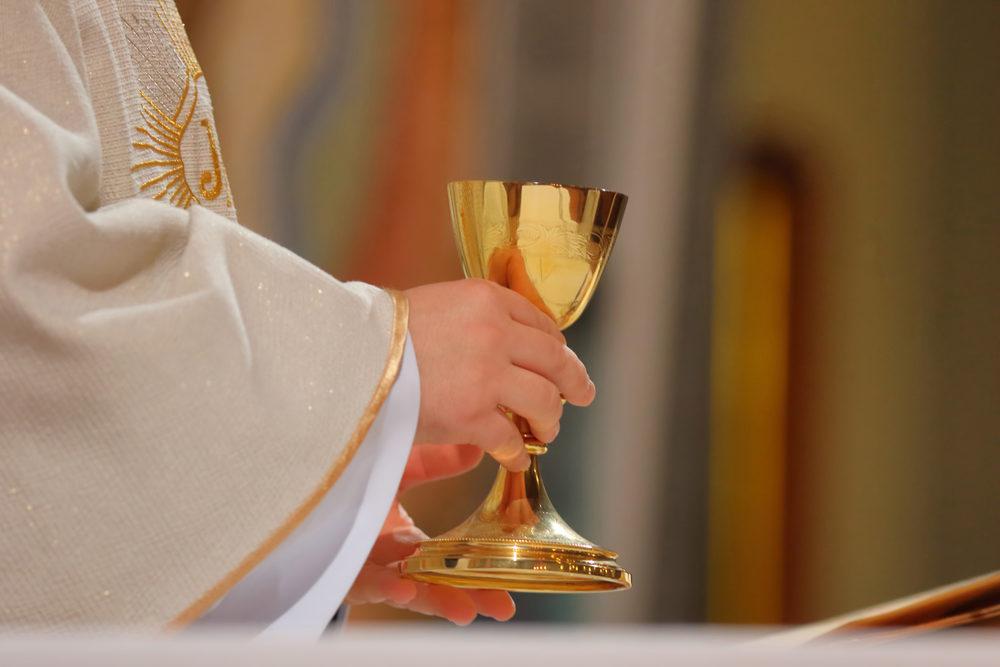|
Philadelphia Archdiocese Opens Victims’ Compensation Fund, but What About Lawsuits?
By Eric T. Chaffin
The Philadelphia Archdiocese recently announced the establishment of a new victims’ compensation fund for victims of child sexual abuse. Overseeing the fund is a team of former government officials, including a former Philadelphia district attorney, former Philadelphia judge, and former Senate majority leader. These officials are to make sure the compensation fund runs independently of the Catholic Church. The fund’s purpose is to help compensate victims who cannot pursue financial compensation through the courts because their claims lay outside the statute of limitations. So far there has been no indication as to what the maximum potential individual payouts will be, or the total dollar amount available in the fund for distribution. Seven other Roman Catholic dioceses in the state are also taking steps to establish similar funds. Church Resists Legislation that Would Allow Victims to File LawsuitsWhen a Pennsylvania grand jury released a report detailing decades of child abuse that occurred in six of the state’s eight dioceses, the jury members expressed remorse that most of the cases were too old for the predator priests to be prosecuted. In Pennsylvania, victims can bring civil cases only until they turn 30 years of age, and criminal cases until they turn 50 years of age. “As a result of the cover-up,” the members wrote, “almost every instance of abuse we found is too old to be prosecuted.” Lawmakers have attempted to pass a new law that would create a two-year window for victims to file lawsuits, but though the law passed in the House, it has stalled in the Senate. Soon after the report was released to the public in August 2018, Roman Catholic officials in Pennsylvania backed the creation of a victims’ compensation fund as a preferable alternative to allowing victims to file their cases in court. As noted in a WITF News report, a number of bishops expressed their support for such a fund, while resisting a change in state law that would allow victims to seek compensation via individually filed lawsuits. Catholic Church officials have called these types of laws unconstitutional. Individual claims would likely result in bigger payouts and would also force the church to reveal more information not only about the abusers, but about their own cover-up activities. Grand Jury Supports Opening a Two-Year Window for Victims to SueVictims who take money from any of the state’s victims’ compensation fund give up their right to ever sue the church in court. Part of the process of receiving funds includes signing a settlement agreement that states the signee forgoes any future rights to file a lawsuit against the church. As to whether victims will gain the right to sue in the future, that remains to be seen. House Representative Mark Rozzi has stated that though the fund may be helpful for some victims, he believes Congress should pass the law allowing a two-year window to sue as well. The Pennsylvania grand jury also supported the opening of a “civil window” that would allow older victims to file lawsuits against the dioceses if they wanted to: “We saw these victims; they are marked for life….Our proposal would open a limited ‘window’ offering them a chance, finally, to be heard in court.” After the announcement concerning the victim’s compensation fund, Pennsylvania Attorney General Josh Shapiro stated, “It’s now clear that the Dioceses acknowledge the Grand Jury accurately unearthed horrific and extensive abuse and cover-up and, as a result, victims deserve compensation no matter when their abuse happened. However, the Grand Jury recommended that victims deserve their day in court—not that the church should be the arbiter of its own punishment.”
|
.
Any original material on these pages is copyright © BishopAccountability.org 2004. Reproduce freely with attribution.
